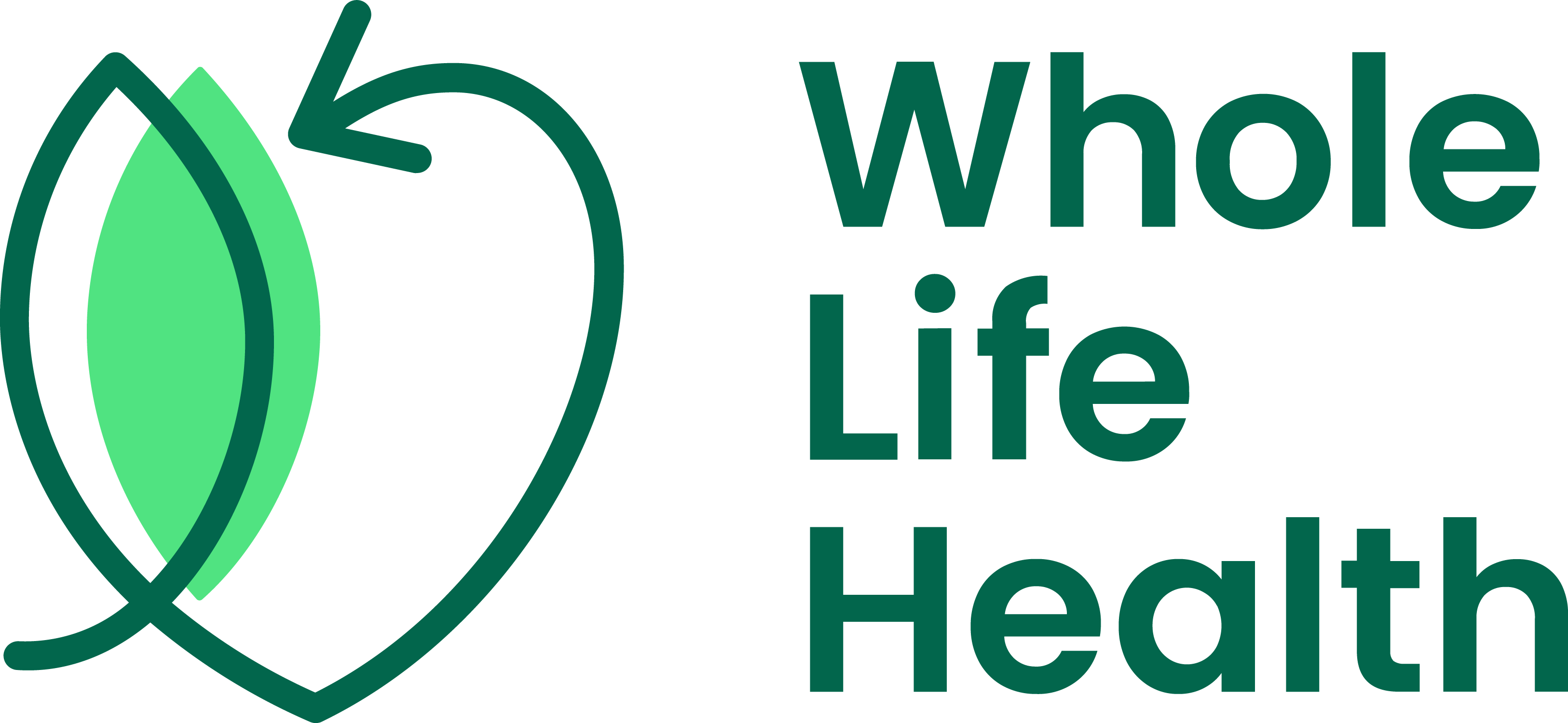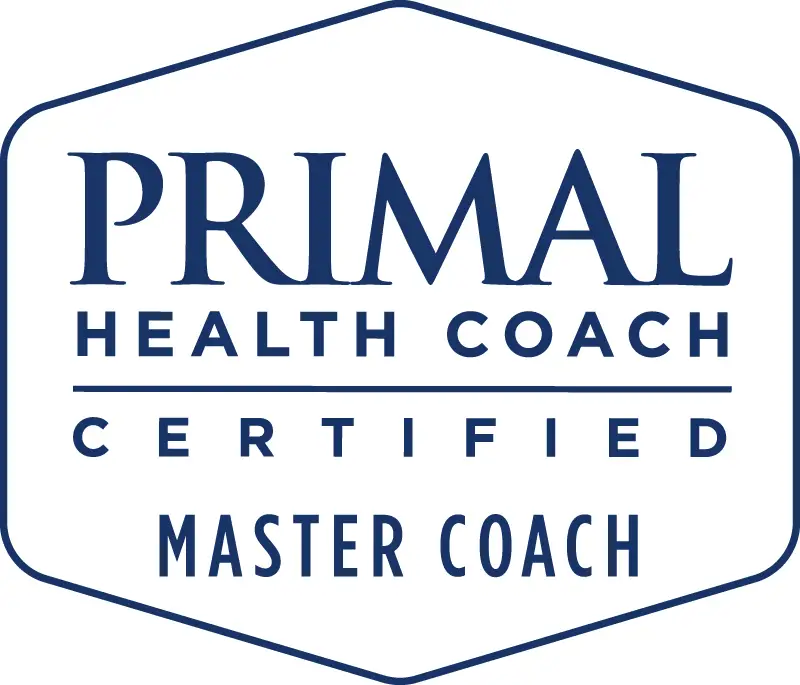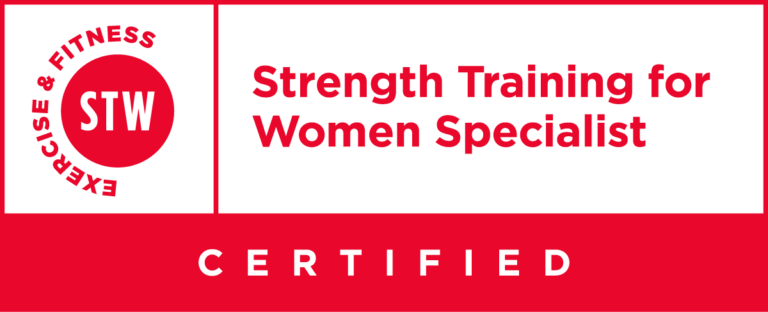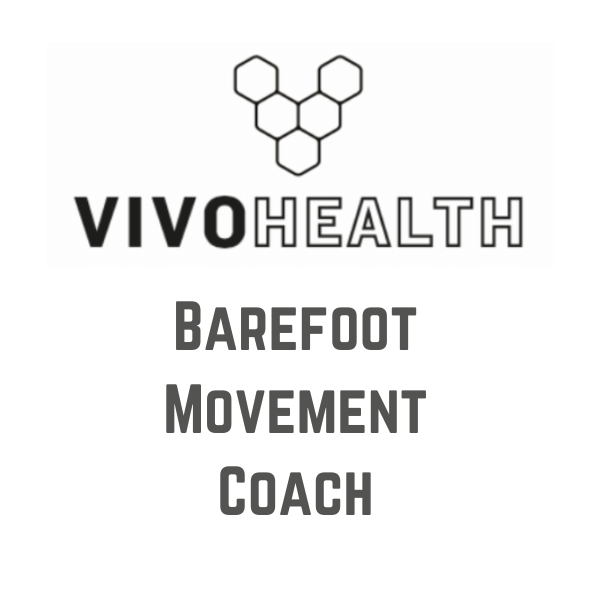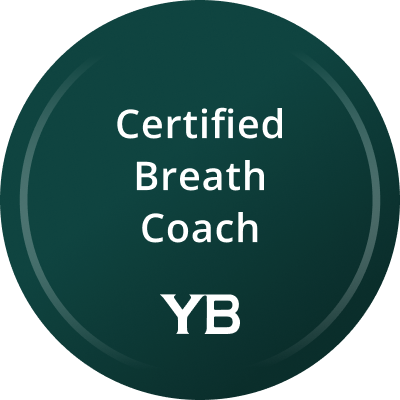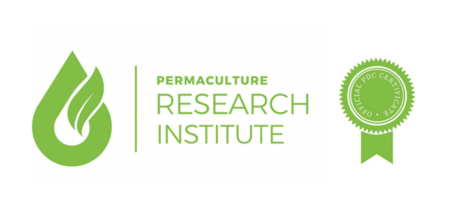Scope of Practice
What does a Health Coach do?
A health coach provides educational resources to clients, including general nutrition and exercise guidance.A health coach asks thought-provoking and open-ended questions to help the client gain clarity and problem solve their way to solutions.A health coach uses coaching tools such as affirmations, reflective listening, and summarising to help inspire, create client ownership, and motivate change.A health coach helps the client create measurable and actionable health goals and supports the client all the way to the finish line.A health coach points the client in the direction of health resources and specialists applicable to their needs.A health coach provides emotional support, encouragement, and accountability.A health coach acts as a supporter and a mediator in clients’ relationships with medical professionals.
What a Health Coach does not do:
A health coach is not a therapist and cannot provide emotional counselling.A health coach cannot conduct a laboratory evaluation or assessment.A health coach cannot diagnose medical conditions.A health coach cannot diagnose mental health conditions.A health coach cannot prescribe diets or supplements to treat medical and clinical conditions.A health coach cannot prescribe diets or supplements to treat the symptoms of medical and clinical conditions.
UK Health Coaches Association Scope of Practice
Scope of Practice for Health and Wellness Coaches in the UK and Ireland
Each Health and Wellness Coach’s Scope of Practice is specifically prescribed by their training school and it is imperative that each Coach takes responsibility to confirm and act within this defined Scope of Practice. (See above for the Primal Health Coach Institute Scope of Practice).
With this imperative first and foremost, the guidance below sets out the Scope of Practice for UK Health Coaches Association members:
Health and wellness coaches work with individuals and groups in a client-centred process to facilitate and empower the client to develop and achieve self-determined goals related to health and wellness.
Coaches support clients in mobilising internal strengths and external resources, and in developing self-management strategies for making sustainable, healthy lifestyle, behaviour changes.
As partners and facilitators, health and wellness coaches support their clients in achieving health goals and behavioural change based on their clients’ own goals and consistent with treatment plans as prescribed by individual clients’ professional health care providers.
Coaches assist clients to use their insight, personal strengths and resources, goal setting, action steps and accountability toward healthy lifestyle change and may offer supporting resources from nationally and internationally recognised authorities, such as current government and public health guidelines and peer-reviewed sources.
Coaches must unless otherwise credentialed and able to do so legitimately, avoid giving specific personal health advice, but may offer a client direction to health and wellness information and resources from nationally/internationally recognized, robust evidence-based and peer-reviewed authorities, so that clients can draw their own conclusions, gain confidence and a sense of empowerment.
Where the prescribed Scope of Practice of a Member’s training school and that of the UK Health Coaches Association differ, Members are expected to hold themselves to the higher standard.
Doing no harm
In common with all health professionals, health and wellness coaches must follow a ‘do no harm’ mandate by refraining from or carrying out any actions that would harm clients or patients.
For all UK Health and Wellness Coaches, these actions include:
assessing symptoms, diagnosing conditions, interpreting lab results, giving specific dietary advice, removing food groups, prescribing treatments or therapeutic interventions (including nutritional) making claims to prevent or cure any condition
or engaging any other activities that could ultimately:
harm a client or patient, lead to legal lawsuit, invalidate insurance cover, bring the UK Health Coaches Association and the Health Coaching profession into disrepute
The boundaries of the health coaching
Scope of Practice
may include, but is not limited to:
coaching an individual, coaching a group, writing a blog or articles, holding or participating in webinars, speaking and educational events ,communicating in online forums, meetings, with colleagues, peers, HCPs
The exception to this is where a coach holds multiple, active credentials and insurance. See below.
Holding multiple credentials
While Health and Wellness Coaches do not, per se assess symptoms, diagnose conditions, interpret lab results, give specific dietary advice, remove food groups, prescribe treatments or therapeutic interventions (including nutritional) or make claims to prevent or cure any condition – if they also hold active, nationally recognized professional credentials and insurance (for example as a nutritionist, nutritional therapist, dietician, nurse, doctor, pharmacist, psychologist, physiotherapist, mental health specialist, osteopath, chiropractor) they may provide expert guidance related to that topic, but must act within
the Scope of Practice of that or those profession(s).
Getting informed consent
In such a case, it is the health coach’s professional responsibility to confirm in writing the Scope of Practice for any and each service agreed with a client, and to act within the Scope of Practice for health and wellness coaching and/or the Scope of Practice for the relevant profession or active, credentialed and insured.
Seeking collaboration
Health and Wellness Coaches should actively seek collaborations with other health care practitioners such as doctors, dietitians, nutritionists and other practitioners and therapists to be the anchor of a truly whole-health creating endeavour.
Insurance
Our Full Members must hold a valid insurance schedule that covers the qualification as detailed in the Member’s qualification certificate.
© Whole Life Health 2026
